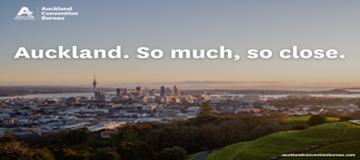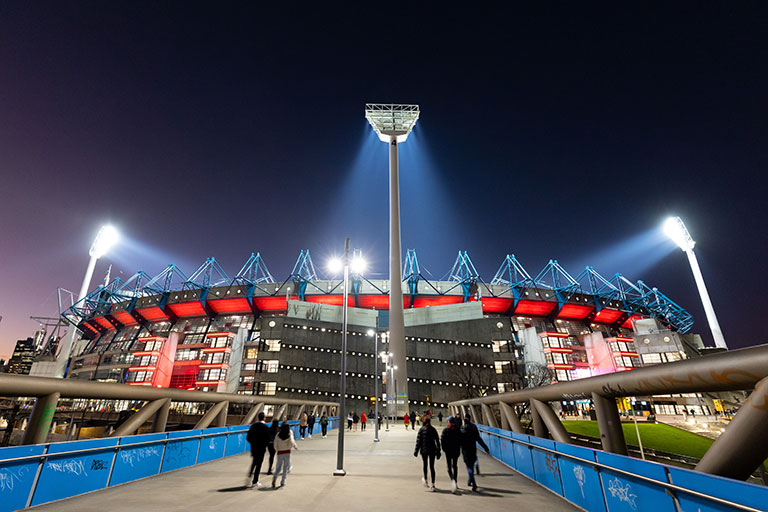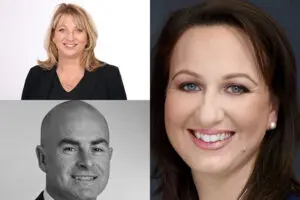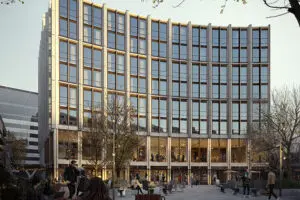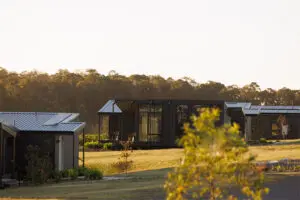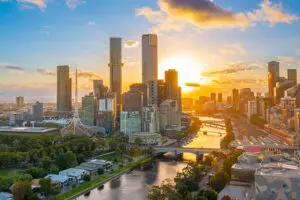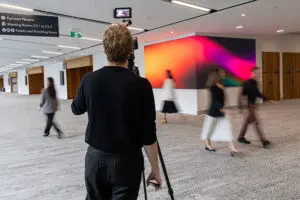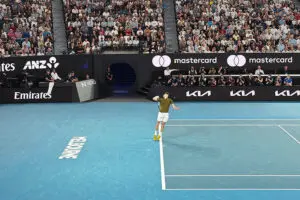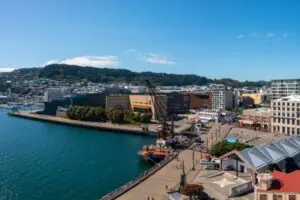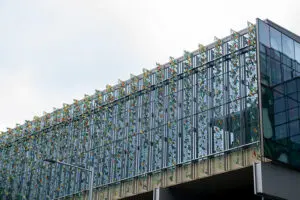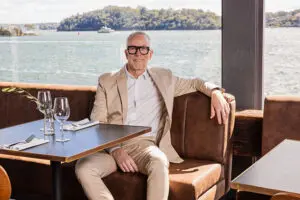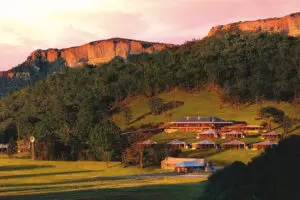A vice president of the Commonwealth Games Federation has taken aim at the poor handling of Victoria’s decision to pull out of hosting the Commonwealth Games in 2026.
New Zealand based Kereyn Smith appeared on ABC’s 7.30 program last night, casting doubt on whether it was necessary for the Victorian Government to cancel its commitment over costs and criticising the way the state government made their decision.
Smith said the $6-$7 billion price tag of the Games which Victorian Premier Daniel Andrews cited as the reason for pulling out had not been raised with the federation before Tuesday’s shock announcement.
“It’s certainly not figures that we had any awareness of. The last time there was any conversation at the board table around figures, around Victoria, it was getting up towards the $3 billion conversation.
“That $6 to $7 billion was not something that we had ever heard and certainly we’re not projecting those types of figures at all.
“There had been assurances at the highest level to the Commonwealth Games Federation that the budget was in hand.
“They were talking about potentially a few reductions on cost which could have easily been achieved, in all honesty,” said Smith.
She said Victoria’s addition of additional sports and other regional hubs did increase the size of the event “which was something we did debate at the time but that was very much part of their vision, was to have new sports and more regional spread”.
“It’s fair to say there was a real determination that these games were state Games and they were not a Melbourne Games and there were for economic development, for jobs, for growth and for infrastructure in the region of Victoria.
“With that model came additional cost and that was something that was always on our mind.
“If you have to continually build villages and venues and put up temporary venues, costs can escalate.
“So we were in constant conversation about ways to keep this at a manageable level and still achieve a really substantial legacy for the host state.”
Smith did appear to suggest that there would be costs for Victoria to exit its contract to host the event.
“Certainly there are significant obligations that will be called upon from Victoria 2026. I mean, this is a significant undertaking and when you sign up to a Games, be in Olympic or Commonwealth, there are guarantees, there are commitments and there are contractual obligations,” she said, when asked by host Sarah Ferguson about how much it would cost the state government to leave the Games behind.
Regarding how the Victorian Government made its decision to step out of the Games, Smith’s perspective was unequivocal.
“It’s really important not so much always about what the decision is but it’s also how it’s taken…you know there’s respect and integrity around the process and the communication and relationships endure. It feels to me like those things have been compromised as part of this process,” she said.
“In my view personally, I thought it was very disrespectful for the magnitude of that decision and the significance it has for Australian sport, for Australian events – not only sport events – and also for the state of Victoria and Melbourne and their proud and well-earned history in this space.”
She also took issue with the way Premier Andrews spoke about the Commonweath Games as just a 12-day sporting event.
“The Commonwealth Games, when a city or a country bid for it, it’s usually about a long term transformation or program and that bid, was, in my understanding about a transformational program for regional Victoria – it was about jobs, it was about economic development.
“I was incredibly impressed when I was in Victoria with some of the First Nations planning and the reconciliation work and how those communities were going to be involved in a global event and the excitement and inspiration. That’s what I thought Victoria had signed up for.”
Meanwhile, in Sydney, the state Opposition and Western Sydney advocacy organisation, the Western Sydney Leadership Dialogue, both came out strongly in favour of Sydney taking on the 2026 Commonwealth Games.
“Our state has the best sporting infrastructure, the best sports fans and puts on the best global events,” said Opposition leader Mark Speakman.
“The Minns Government should make the most of the sporting and transport infrastructure they have inherited and urgently consider bidding for the 2026 Games abandoned by the Victorian Government.”
The Western Sydney Leadership Dialogue posited in a statement that their region is a “legitimate option” as an alternative host for the Games.
“Sydney Olympic Park was built to host the biggest sporting events in the world and we’ve already got all of the necessary supporting infrastructure in place, across other parts of the region, including Liverpool, Penrith and Bankstown,” said the organisation’s CEO Adam Leto.
“Back in 2017, when we first put our hands up to host the 2026 Games, we said that we were a smart choice, given our strong track record when it comes to delivering major events – and our position hasn’t changed.
“It’s a no-brainer, and even better, it’s a no-spender.”
The organisation did advocate for the event to be pushed back, however.
“Ideally, it would be great if the Games could be pushed back a year to 2027 to allow Western Sydney International Airport at Badgerys Creek to be up and running to welcome the world to our region.”
Despite these pushes, the NSW Premier is standing firm on his position that the state would not put itself forward to host, citing a lack of accommodation for the athletes, officials and others who would travel to Sydney to be part of the Games.


